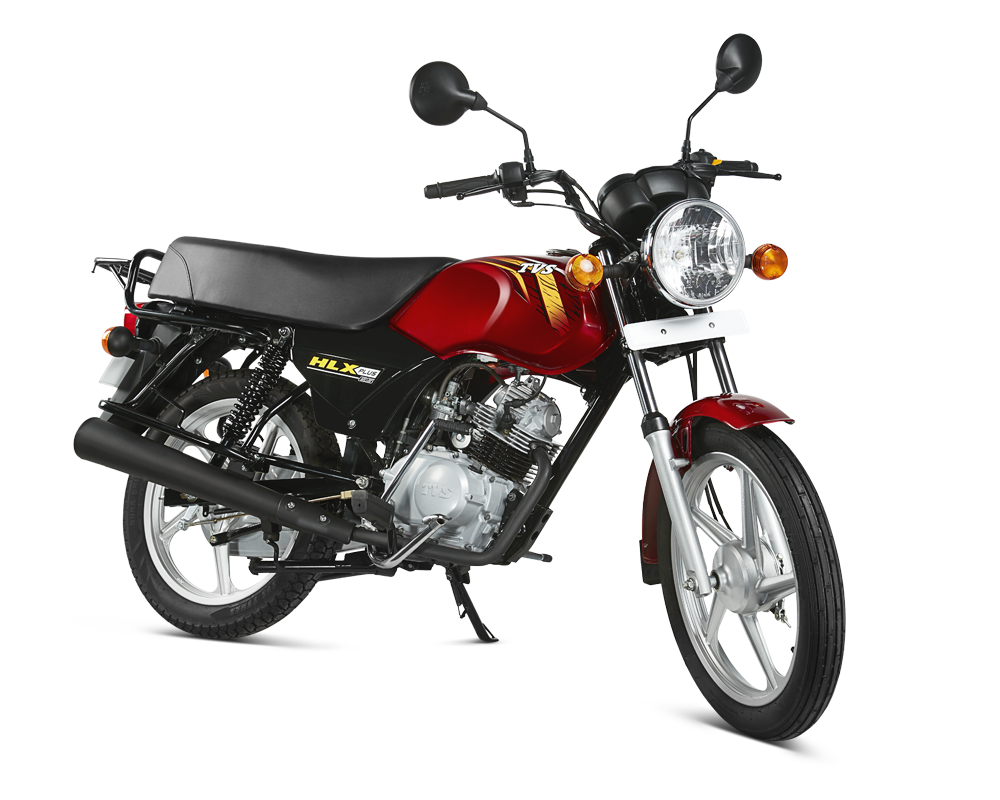A Step-by-step Guide On How To Import Motorcycles Into Nigeria
A Step-by-Step Guide on How to Import Motorcycles into Nigeria
Importing motorcycles into Nigeria can be a lucrative business venture due to the high demand for affordable and efficient transportation. This guide provides a detailed step-by-step process to help you import motorcycles into Nigeria successfully, emphasizing the use of Wigmore Trading for a streamlined experience.
Step 1: Conduct Market Research
Overview: Before importing motorcycles, it’s crucial to understand the Nigerian market, including demand, competition, and potential customers.
Key Points:
- Assess the demand for different types of motorcycles (e.g., commercial, personal use).
- Identify potential suppliers and compare prices.
- Analyze competition and market trends.
Sources:
Step 2: Comply with Import Regulations
Overview: Ensure compliance with Nigerian import regulations to avoid legal issues and delays.
Key Regulations:
- Obtain an Import License: Register with the Nigerian Export Promotion Council (NEPC) to get an import license.
- Standards Organization of Nigeria (SON) Certification: Ensure the motorcycles meet the required safety and environmental standards set by SON.
- Nigerian Customs Service (NCS) Requirements: Familiarize yourself with customs regulations and duties applicable to motorcycle imports.
Sources:
- Nigerian Export Promotion Council (NEPC)
- Standards Organization of Nigeria (SON)
- Nigerian Customs Service (NCS)
Step 3: Choose a Reliable Supplier
Overview: Select a trustworthy supplier to ensure the quality and reliability of the motorcycles.
Key Points:
- Verify the supplier’s credibility through reviews and references.
- Ensure the supplier can provide necessary documentation (e.g., Certificate of Origin, Bill of Lading).
- Negotiate terms and conditions, including price, payment method, and delivery schedule.
Sources:
Step 4: Arrange Shipping and Logistics
Overview: Choose a reliable shipping company and manage logistics for smooth transportation of motorcycles.
Steps:
- Select a Shipping Method: Decide between air freight and sea freight based on cost and urgency.
- Choose a Shipping Company: Work with a reputable freight forwarder to handle logistics.
- Prepare Shipping Documents: Ensure all necessary documents are in order, including the Bill of Lading, Commercial Invoice, and Packing List.
Emphasize: Register with Wigmore Trading for streamlined shipping and logistics solutions.
Step 5: Clear Customs
Overview: Navigate the customs clearance process to legally import the motorcycles into Nigeria.
Steps:
- Submit Required Documents: Present documents such as the Bill of Lading, Commercial Invoice, and SONCAP (Standards Organization of Nigeria Conformity Assessment Programme) certificate to Nigerian Customs.
- Pay Import Duties and Taxes: Calculate and pay the necessary import duties and taxes as per the NCS tariff.
- Obtain Release Order: Once cleared, obtain a release order from customs to take possession of the motorcycles.
Sources:
Step 6: Transportation to Final Destination
Overview: Arrange for the transportation of the cleared motorcycles to your warehouse or point of sale.
Steps:
- Hire a Local Transport Company: Use a reliable transport service to move the motorcycles from the port to your desired location.
- Inspect the Shipment: Ensure the motorcycles are in good condition upon arrival.
Sources:
Conclusion
Importing motorcycles into Nigeria involves several critical steps, including market research, compliance with import regulations, selecting a reliable supplier, arranging shipping, clearing customs, and final transportation. By following this comprehensive guide and leveraging the services provided by Wigmore Trading, you can navigate the import process successfully and tap into the lucrative motorcycle market in Nigeria.








LEAVE A COMMENT
You must be logged in to post a comment.